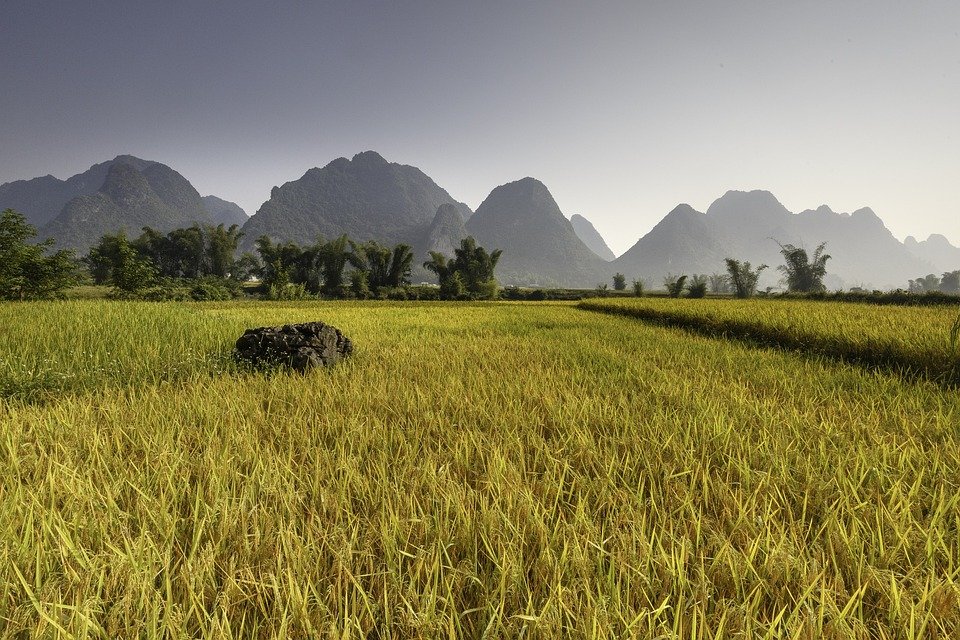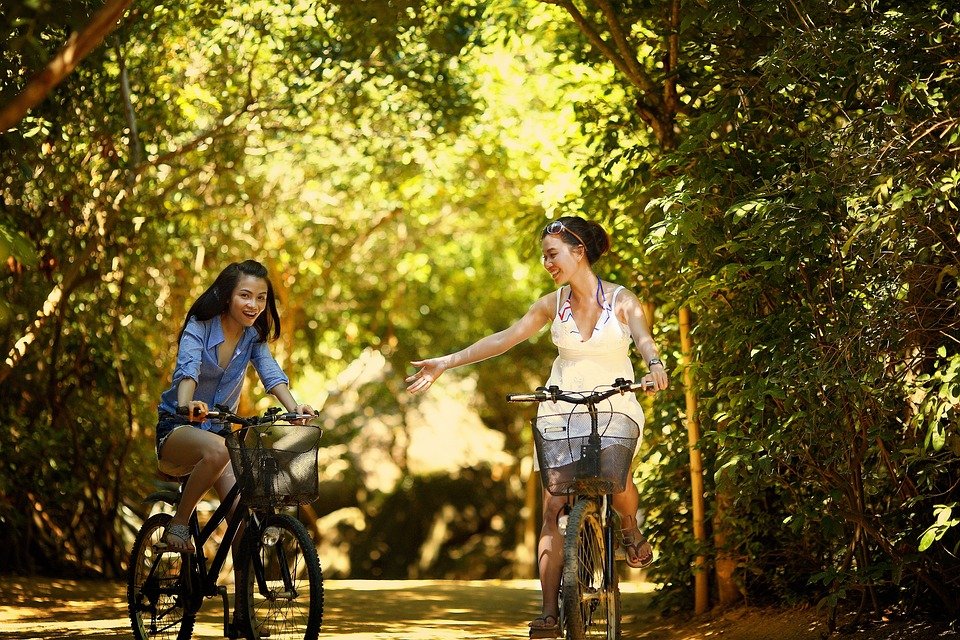Tourism is a booming industry. With so many travelers flocking to different destinations around the world, tourism has become one of the most viable business markets in the world. However, air travel, motor travel, and other aspects of tourism add to the pollution crisis on the planet, and this has become a problem. Travel operators and hospitality companies realized that some action needed to be taken, and ecotourism was created as a solution to this problem.
Ecotourism is now one of the fastest growing segments of the tourism industry. Ecotourism involves preserving biological and cultural diversity by educating locals and tourists alike. By protecting ecosystems they have had a positive impact on local communities and their livelihoods through their participation in projects and minimizing impact on the environment.
Why ecotourism?
A tour operator offering ecotourism is essentially one that does not negatively impact the environment and helps preserve and enhance the life of local ecosystems.
Their activities must not pollute the local environment and have a mutually beneficial relationship with the local population by teaching how to provide for themselves without harming the environment. In South Africa, teaching locals how to make crafts from empty cans and used containers to reduce litter and help create a source of income is one such example. The tour operator should also be involved in educating the local population regarding the environment and teaching them how to live in harmony with it, rather than destroying it.
There are many benefits to ecotourism, yet many hospitality providers claim to offer ecotourism holidays and accommodation when they do not. Governments and tourism providers tend to promote anything that involves nature as ecotourism, allowing activities that are not based on the sustainable development of the environment and communities.
Tourism projects such as low-impact tourism, green tourism, biotourism, and environmentally responsible tourism are advertised as ecotourism when they do not realistically fall into this category.
Fake ecotourism problems
“Greenwashing” is a term used to describe the occurrence of a tourist operator claiming to offer environmentally friendly holidays when in fact they are environmentally damaging. This practice includes marketing tourism that involves nature and certain environmental projects as ecotourism. Many people flock to these tour operators and end up doing more damage to the environment than if they didn’t use a ‘green’ operator. They are destructive to the environment, insensitive to cultural needs and exploit the tourism economy. They also mislead the tourists because they appeal to wanting to help the environment that the tourists live in, while destroying the environment, and not giving the tourists what they ask for.
Although some operators meet the guidelines, there may be a negative impact on the environment and local communities. Ecotourism operators must have an overall positive impact on the environment with little, if not no, negative impacts. If there is a negative impact, this must be countered through some kind of compensatory measure such as planting trees etc.
South Africa is currently reaping many economic benefits from ecotourism but there are still problems with displacement of people, violations of constitutional rights, and negative impact on the environment from tourism activities.
An ecotourism operator must be involved in investing in and preserving local ecosystems. Replenishing natural resources and educating local people to live in harmony with these ecosystems is critical to ecotourism. Educating tourists, helping the livelihoods of local people to support themselves without negative environmental impact, and preserving biological and cultural diversity should not only be supported, but should be achieved through ecotourism. Money generated from ecotourism should also be invested in furthering conservation efforts.



